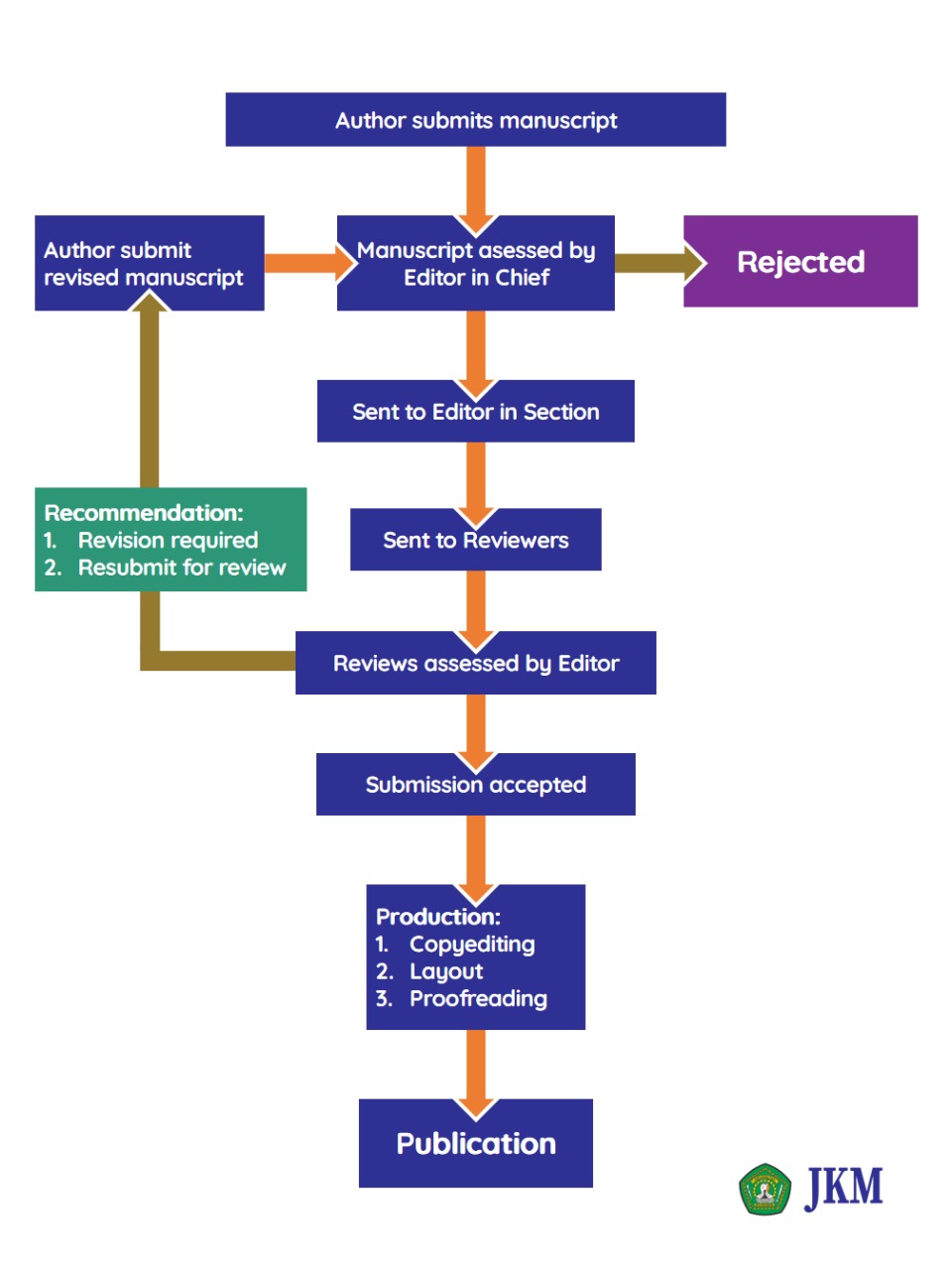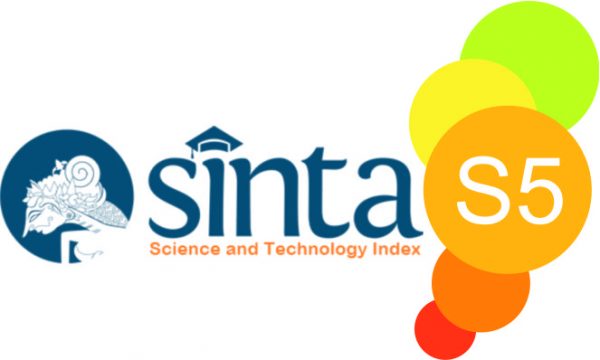
Submission of Paper
The corresponding or submitting author the paper to the journal. This is usually via an online system.
Appraisal by the Editor-in-Chief (EIC)
The EIC check that the paper is appropriate for the journal and is sufficiently original and interesting. If not, the paper may be rejected without being reviewed any further
EIC Assigns an Editor Section
Some journals have Editors in section who handle the peer review. If they do, they would be assigned at this stage
Invitation to Reviewers
The handling editor sent invitations to individuals her or she believes would be appropriate reviewers. As responses are received, further invitations are issued, if necessary, until the required number of acceptances is obtained-commonly this is 2, but there are some variations between journals
Response to Invitations
Potential reviewers consider the invitation against their own expertise, conflict of interest and availability. They then accept or decline. If possible, when declining, they might also suggest alternative reviewers.
Review is Conducted
The reviewers set time aside to read the paper several times. The first read is used to form an initial impression of the work. If major problems are found at this stage, the reviewer may feel comfortable rejecting the paper without further work. Otherwise they will read the paper several more times, taking notes so as to build a detailed point-by-point review. The review is then submitted to the journal, with a recommendation to accept or reject it-or else with a request for revision (usually flagged as either major or minor) before it is reconsidered. Process of review takes about two weeks or a maximum of two months.
Journal Evaluates the Reviews
The handling editor considers all the returned reviewer before making an overall decision. If the review differ widely, the editor may invite an additional reviewers so as to get an extra opinion before making a decision.
The Decision is Communicated
The editor sends a decision email to the author including any relevant reviewer comments. Whether the comments are anonymous or not will depend on the type of peer review that the journal operates.
Next Steps
If accepted, the paper is sent to productions. If the article is rejected or sent back for either major or minor revision, the handling editor should include constructive comments from the reviewers to help the author improve the article. At this point, reviewers should also be sent an email or letter letting them know the outcome of theirs review. If the paper was sent back for revision, the reviewers should expect to receive a new version, unless they have opted out of further participant. However, where only minor changes were requested this follow-up review might be done at the handling editor.










